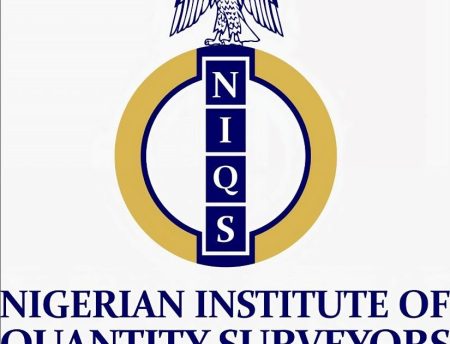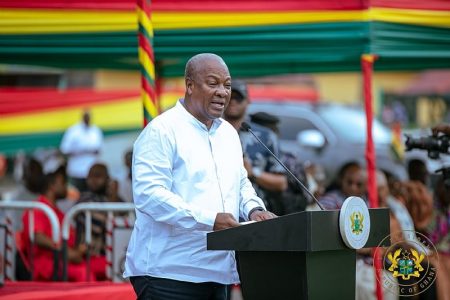The Abia State government has unveiled a comprehensive plan to reinstate Sanitary Inspectors, tasking them with the crucial role of ensuring environmental hygiene through regular house-to-house inspections. This initiative, announced by the state’s Commissioner for Environment, Mr. Philemon Ogbonna, aims to bolster the state’s sanitation efforts and foster a culture of cleanliness among residents. The announcement followed the May edition of the monthly environmental sanitation exercise in Umuahia, which Mr. Ogbonna lauded as “impressive,” commending the citizens’ proactive participation in maintaining clean surroundings. The reintroduction of Sanitary Inspectors signals a renewed commitment to enforcing environmental regulations and holding individuals accountable for the cleanliness of their premises.
The planned reinstatement of Sanitary Inspectors is a pivotal component of a broader strategy to address environmental challenges in Abia State. While the Commissioner acknowledged the likelihood of some residents failing to comply with sanitation guidelines and offering justifications for their non-compliance, the government remains determined to implement the initiative. The move is a clear indication of the administration’s focus on proactive measures to prevent environmental degradation and promote public health. This proactive approach seeks to shift the responsibility for environmental cleanliness from a solely government-led effort to a shared responsibility between the government and its citizens.
The May sanitation exercise received positive feedback from several key figures involved in environmental management within the state. Hon. Kalu Mba Nwoke, Chairman of the Abia House of Assembly Committee on Environment, expressed satisfaction with the level of compliance observed during the exercise. However, he criticized traders at the Orie Ugba market for conducting business activities during the sanitation period, emphasizing the importance of their participation in the cleaning exercise and maintaining their surroundings. This highlights the importance of engaging all segments of society in the sanitation efforts and ensuring that all stakeholders understand and adhere to the stipulated guidelines.
Further endorsements of the sanitation exercise came from Prof. Ijeoma Iheukwumere, the Senior Special Adviser to the Governor on Environment, and Catechist Ambrose Jonah, the Deputy General Manager of the Abia State Environmental Protection Agency (ASEPA), Umuahia zone. Prof. Iheukwumere commended the exercise’s outcome, expressing optimism for further improvements in subsequent exercises. Catechist Jonah attributed the high level of compliance to the second anniversary of Governor Alex Otti’s administration, suggesting public satisfaction with the governor’s achievements thus far. He also expressed concern about the number of defaulters, urging residents to prioritize their health and actively participate in the sanitation exercise. These positive assessments from various stakeholders underline the significance of collaborative efforts in achieving environmental sustainability.
Despite the overall positive reception of the sanitation exercise, a total of fifty-three individuals were apprehended for violating the state’s environmental sanitation law. Many of the defaulters claimed ignorance of the radio announcements publicizing the exercise. However, the presiding Magistrate, Onyinyechi Ibekwe, demonstrated a degree of leniency, discharging two individuals on health grounds and a student. This enforcement action underscores the seriousness with which the government views environmental sanitation and its commitment to holding violators accountable while also considering mitigating circumstances.
The reintroduction of Sanitary Inspectors, coupled with the monthly sanitation exercises and the enforcement of environmental laws, represents a multi-pronged approach by the Abia State government to address environmental challenges. This comprehensive strategy aims not only to improve the state’s cleanliness but also to cultivate a culture of environmental responsibility among its citizens. The long-term goal is to create a sustainable environment that promotes public health and enhances the overall quality of life in Abia State. The government’s commitment to this endeavor is evident in its proactive measures, collaborative efforts with various stakeholders, and its resolve to enforce environmental regulations.














